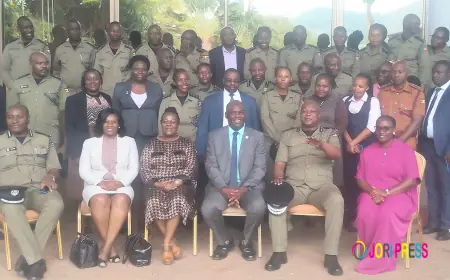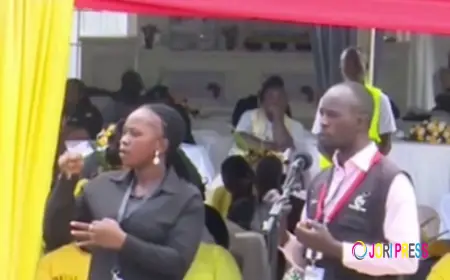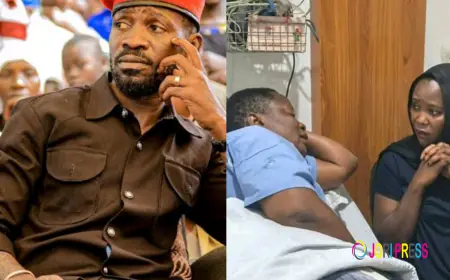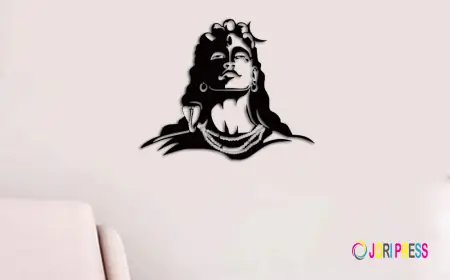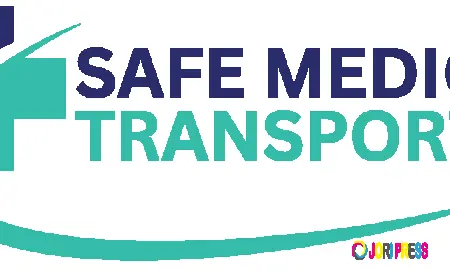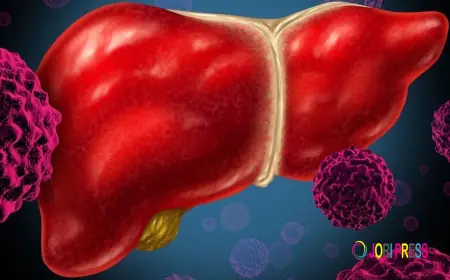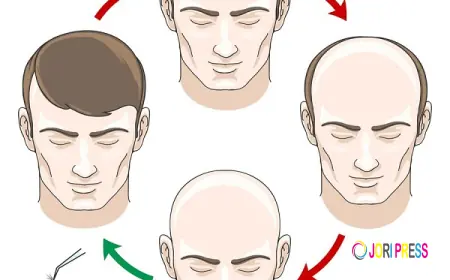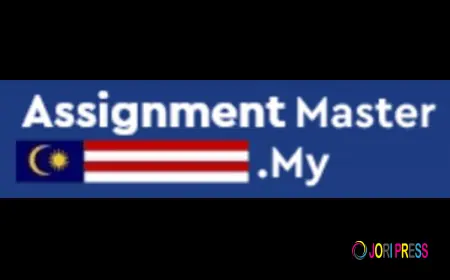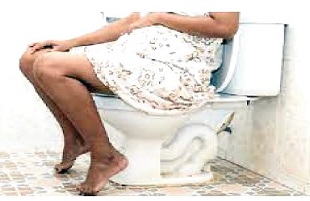Of commercialization of politics and erosion of democratic values in Uganda


The recent National Resistance Movement (NRM) central executive committee (CEC) elections at Kololo Ceremonial grounds in Kampala have illuminated a troubling reality in Uganda’s political landscape: the alarming intertwining of money and electoral integrity.
Allegations of voter bribery, the importation of fictitious delegates, and the sheer scale of campaign expenditures—up to shs 5 billion—signal a profound corruption that undermines the democratic process.
Minister of ICT and National Guidance, Dr. Chris Baryomunsi’s assertions that the recent elections were anything but credible raise serious questions about the legitimacy of the NRM party’s internal mechanisms.
His claims of hired guns and fictitious delegates suggest a systematic effort to manipulate outcomes. When even party members express dissatisfaction with the election process, it reveals a deeper malaise within the system.
The irony is palpable. President Museveni, who once waged a guerrilla war against what he deemed a rigged electoral process, now presides over a political environment where the very values he championed have been eroded.
The notion of “fundamental change” seems lost as politics morphs into a commercial enterprise, where financial clout outweighs integrity and public service. Former Speaker of Parliament and member of CEC Rebecca Kadaga’s lament over gerrymandering highlights yet another tool in the arsenal of those willing to bend the rules.
The erosion of democratic values in favor of financial manipulations threatens to alienate the electorate and disillusion aspiring leaders who possess integrity but lack the financial means to compete.
The bar for political participation has been drastically lowered, making it a battleground for those with deep pockets rather than those with genuine commitment to public service.
The financial implications are staggering. Shs 5 billion could transform the lives of countless Ugandans—improving healthcare, education, and infrastructure that are often in dire need of attention.
Yet, instead of investing in the populace, this money fuels a cycle of corruption that ultimately harms the very constituents these leaders purport to serve. Moreover, the absence of lifestyle audits for politicians raises critical questions about accountability. How can citizens trust leaders who appear to have amassed wealth through questionable means?
The expectation of returns on political investments only serves to entrench corruption further. As these leaders seek to recoup their “investments,” the needs of the electorate are relegated to an afterthought, if considered at all. The path forward requires a radical rethinking of our political culture.
We must make politics less appealing to those motivated solely by financial gain. Reforming the electoral process to restore integrity and transparency is essential.
This includes enforcing strict campaign finance laws, implementing regular lifestyle audits, and fostering a political environment that prioritizes service over profit. Uganda stands at a crossroads.
The current trajectory threatens to diminish the democratic ideals for which many fought and died. It is time for citizens, civil society, and political leaders to unite in demanding accountability and integrity in our political processes.
If we do not reclaim our democracy, we risk allowing it to become a mere commodity, traded for the highest bidder. The future of Uganda depends on it.
What's Your Reaction?
 Like
0
Like
0
 Dislike
0
Dislike
0
 Love
0
Love
0
 Funny
0
Funny
0
 Angry
0
Angry
0
 Sad
0
Sad
0
 Wow
0
Wow
0









